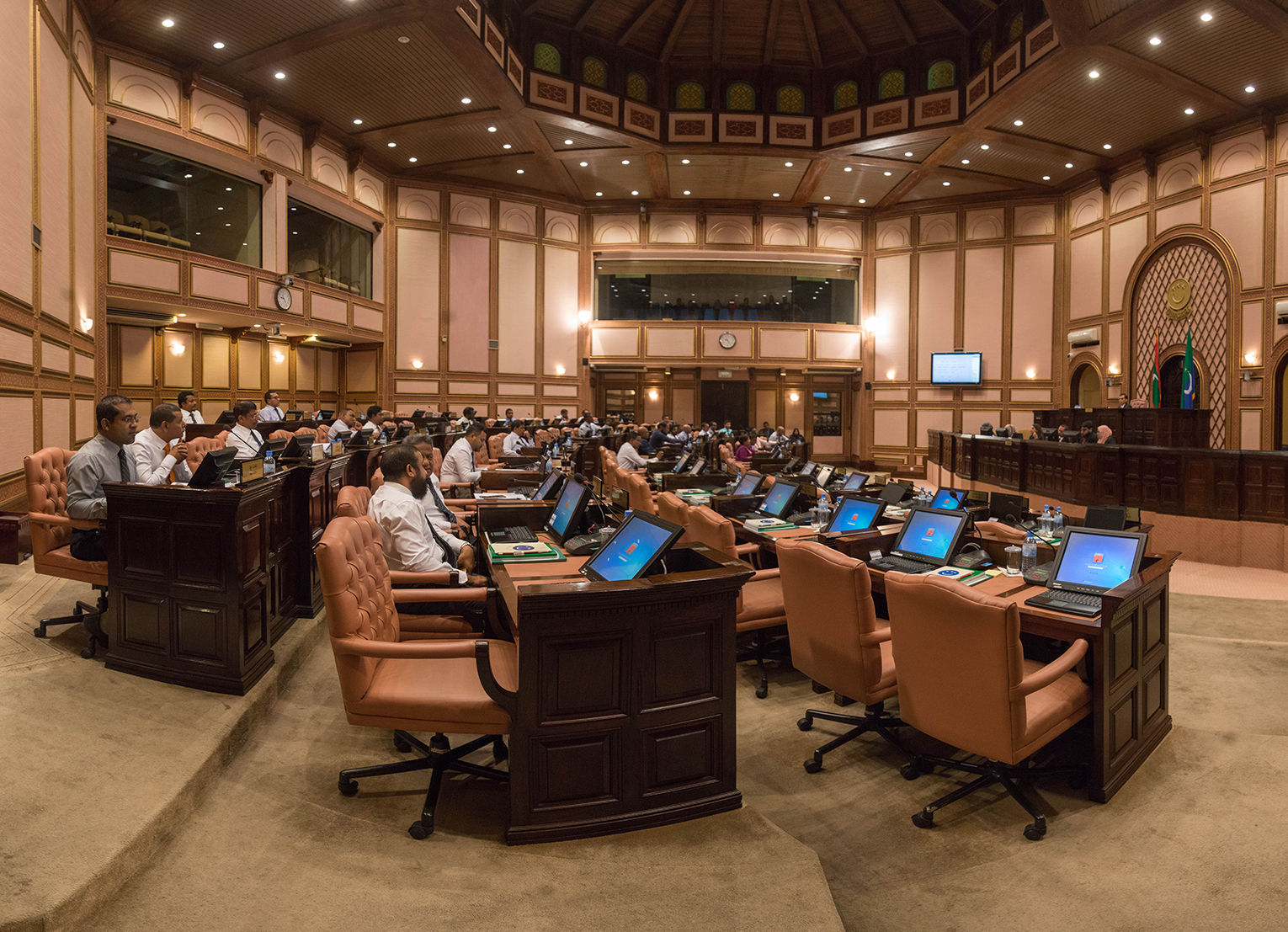Maldives ruling party caught in lie over decriminalising bribery
Contrary to the PPM’s claims, a bill to reverse the proposed decriminalisation of bribery was submitted on Tuesday.

02 Aug 2018, 09:00
The ruling Progressive Party of Maldives has been caught in a lie over an amendment to the penal code, a day after denying seeking to decriminalise bribery.
There was an uproar when the media discovered on Monday that a bill by PPM MP Ibrahim Didi would remove bribery from the penal code as a prosecutable offence.
But the PPM accused the media and opposition of levelling false allegations and flatly denied seeking to abolish the bribery provision, which was replaced in Didi’s bill with provisions detailing contempt of court offences.
MP Ahmed Nihan, the PPM’s parliamentary group leader, announced Tuesday that a new amendment to the penal code to add “a massive chapter” on corruption has been submitted by MP Abdul Raheem Abdulla.
Become a member
Get full access to our archive and personalise your experience.
Already a member?
Discussion
No comments yet. Be the first to share your thoughts!
No comments yet. Be the first to join the conversation!
Join the Conversation
Sign in to share your thoughts under an alias and take part in the discussion. Independent journalism thrives on open, respectful debate — your voice matters.




